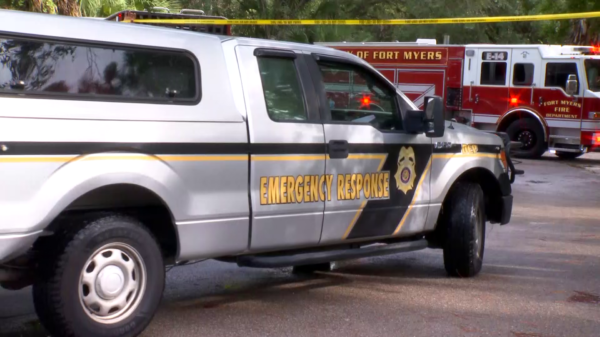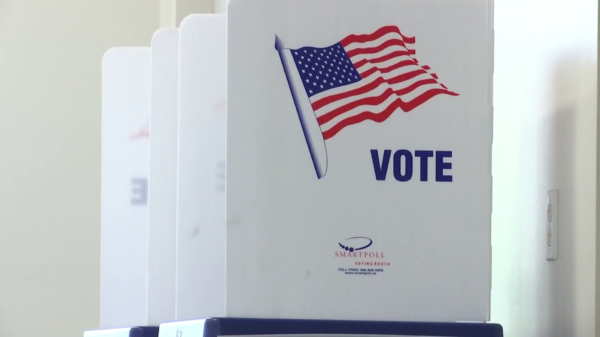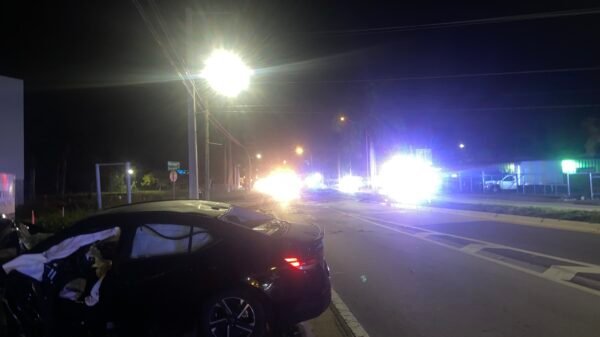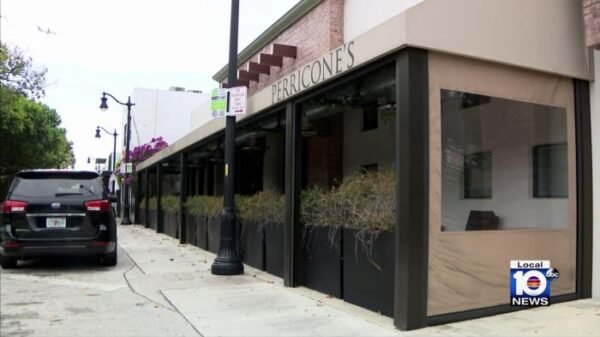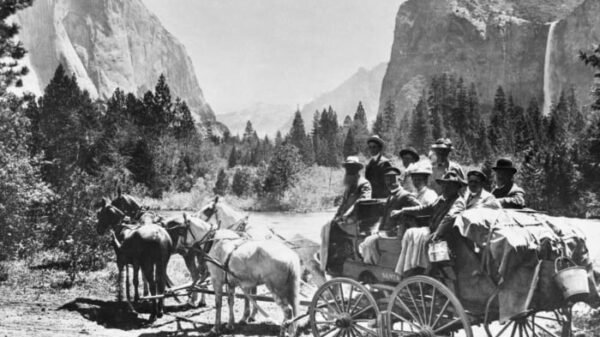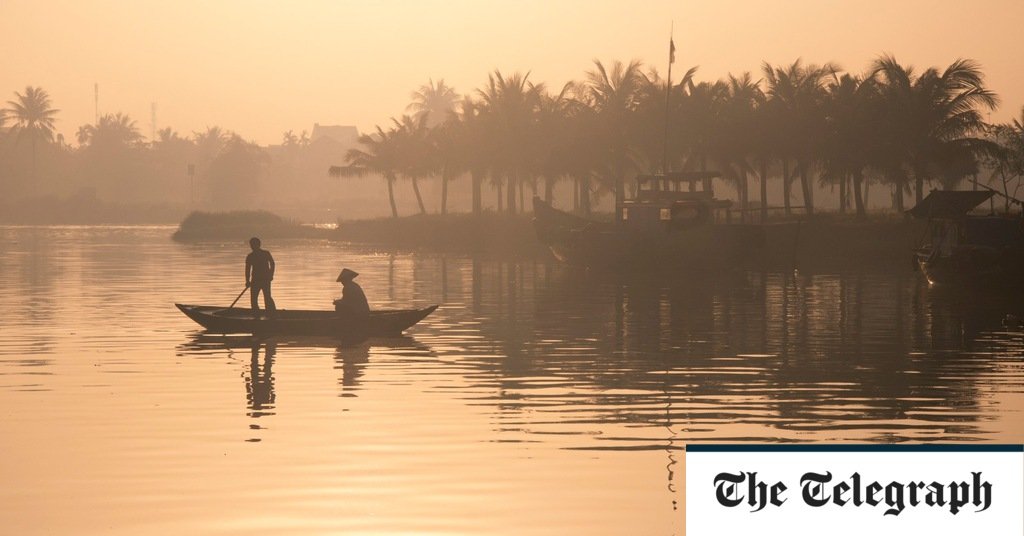Meet the ‘Lost Boys’ of Southeast Asia – Who Went Backpacking but Never Came Home
Backpacking through Southeast Asia has become a rite of passage for many young adventurers seeking to explore vibrant cultures, breathtaking landscapes, and the thrill of the unknown. However, in recent years, a disturbing trend has emerged – a growing number of young individuals, primarily men, who embark on this journey but never return home. These ‘lost boys’ have left behind bewildered families, desperate for answers.
The Allure of Backpacking in Southeast Asia
Southeast Asia has long been a magnet for backpackers, offering a unique blend of ancient traditions, stunning beaches, bustling cities, and cheap travel options. It is a region brimming with adventure and opportunity, attracting adventurous souls looking to escape the monotony of daily life and immerse themselves in a different world. Backpacking through Southeast Asia promises self-discovery, personal growth, and unforgettable memories – a chance to find oneself amidst the chaos.
The Vanishing Act
But what happens when the backpacking adventure takes a dark turn? Unfortunately, a significant number of individuals who take on this journey end up disappearing without a trace. They vanish from their families’ lives, leaving behind only unanswered questions and a void that cannot be filled. These young men become part of a perplexing and alarming statistic – the ‘lost boys’ of Southeast Asia.
The Dark Side of Paradise
While Southeast Asia may be a paradise for wanderers, it also harbors a dark side. The region is plagued by drug trade, human trafficking, and a dangerous underworld that preys on the vulnerable. Many of these ‘lost boys’ fall victim to these illicit activities, drawn in by promises of easy money, adventure, or a sense of belonging.
Thailand, Cambodia, and Vietnam have become hotspots for criminals and predators who prey on unsuspecting backpackers. The allure of these countries’ notorious nightlife, the availability of cheap drugs, and a lax law enforcement system create a breeding ground for exploitation.
Exposing Vulnerabilities
Backpacking often requires individuals to leave their comfort zones and face new challenges, exposing vulnerabilities they may not be prepared for. Language barriers, cultural differences, and unfamiliar surroundings can easily leave these young travelers susceptible to scams, robbery, or worse.
Moreover, many of these ‘lost boys’ are seeking a sense of belonging or escape from personal demons. They may be battling unresolved trauma, mental health issues, or struggling with their sexuality, which makes them more susceptible to manipulation or falling into the wrong hands.
The Impact on Families
The disappearance of a loved one can be devastating for any family, but the lack of answers and closure can amplify the agony tenfold. For the families of the ‘lost boys’ of Southeast Asia, life is a perpetual nightmare where hope coexists with despair.
Parents and siblings endure endless nights of turmoil, wondering if their loved one is safe, alive, or lost forever. They navigate a labyrinth of bureaucracy, limited resources, and language barriers as they desperately try to find any information on their missing family member. It is a heart-wrenching journey that often leads to dead ends and shattered dreams.
Searching for Solutions
As the number of ‘lost boys’ continues to rise, various organizations are taking action to address this crisis. Backpackers’ hostels, travel agencies, and local authorities are working to enhance safety measures, increase public awareness, and provide support networks for backpackers in need.
Countries must overhaul their law enforcement systems to crack down on criminal activities targeting vulnerable tourists. Cooperation between nations and international organizations is crucial to combating the transnational networks behind these disappearances.
A Call for Responsible Backpacking
In addition to efforts by authorities and organizations, responsible backpacking practices play a fundamental role in ensuring the safety of young adventurers. Conducting thorough research, being cautious in unfamiliar environments, and staying connected with loved ones are simple but crucial precautions that can make a life-saving difference.
Conclusion
While backpacking through Southeast Asia continues to be a dream for many, the issue of the ‘lost boys’ serves as a haunting reminder of the risks involved. As travelers, it is our responsibility to be aware of these dangers and take necessary measures to protect ourselves and those we care about. Let us strive for a Southeast Asia where adventure coexists with safety, and no more families are left to wonder about the fate of their loved ones.
*Source www.telegraph.co.uk

